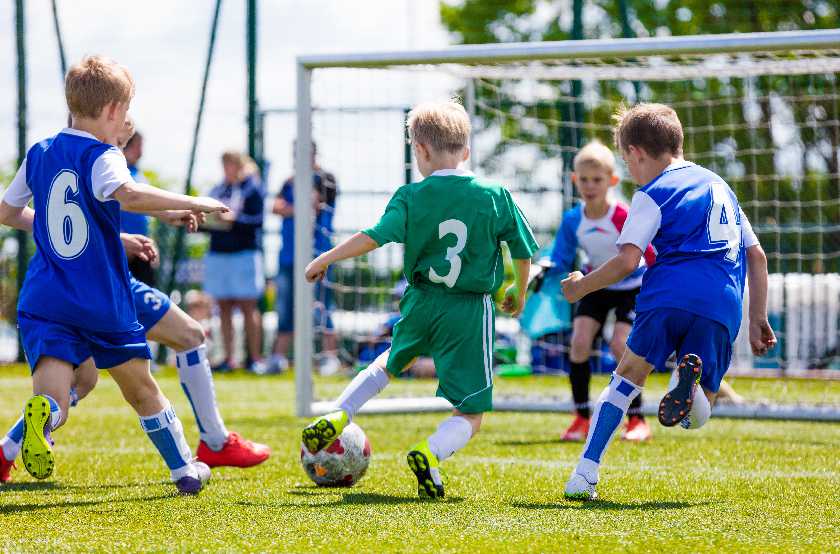Up to 90% of all dental trauma injuries involve the maxillary incisors. Which include your two front teeth, the most visible teeth in the mouth. The most common trauma to baby teeth occurs around the ages of 2-3, when most children are learning to walk. As children grow older, sport injuries become the leading cause and can be more concerning, since there are now permanent teeth involved. Even for those children who do not play sports, a dental trauma injury can happen at any time. The bicycle is the leading cause of injuries to the mouth outside of sports.
Should your child knock out their tooth or teeth, we have created a video showing what to do for a dental trauma injury. As with any dental injury, you should immediately contact your pediatric dentist for further professional care. The emergency room or your pediatrician may not be properly equipped to deal with a knocked out tooth.
The first step with any injury is to determine what the damage is. If your child is alert and stable, you can focus on the tooth injury. Should the tooth be completed knocked out, try to find it. When you can find it, follow these steps:
With 30 million children in the US participating in organized sports every year, protecting their dental health and emotional wellbeing is top priority for our office. While football and hockey are the most recognized sports that cause dental injury, baseball and basketball are actually the sports with the highest rate of injury between the ages of 13-17. Every child that engages in a contact sport should use a mouth guard to prevent and/or minimize damage to their permanent teeth. Custom mouth guards made by your dentist can be more comfortable, give better protection, and in our office, they could be customized with your team logo and your child's jersey number, all contributing to better compliance in use of the mouth guard.

If your child has had a fall which has resulted in a dental injury, you can submit pictures here. One of our staff will reach out to you to schedule an appointment for your child.
- Highest incidence of sports-related injuries found in 15-17 year old males
- Children are most susceptible between the ages of 7-11
- Bicycles are the most common consumer sports product related to dental injuries in children
- Most trauma to baby teeth occurs between the ages of 2 and 3.
- Dental trauma at any age is usually due to falls.

J. Shahangian
DDS, MS, CLEC, FAAPD
Dr. J is a board certified pediatric dentisty and owner of Scripps Pediatric Dentistry & Brush n Brace located in San Diego, CA. He is not only a Diplomat with the board but now also has Fellow status with the AAPD. He is proud father of 3 beautiful girls, a San Diego native, loves soccer and is passionate about pediatric oral health. His mission is battling the number 1 disease that he has seen take over our beloved children. Dr. J's corner provides answers and solutions to parents questions & concerns regarding their children's oral health.




